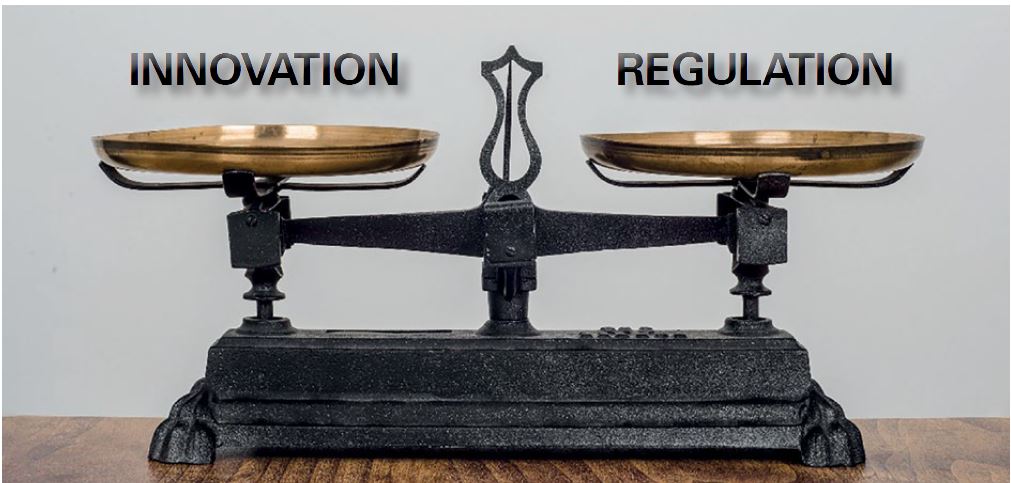
I just attended two events – one fintech and one regulatory. The contrast could not have been more different. The fintech event was buzzing with activity and youth; the regulatory event was very serious and full of suits. It reminded me of my old days dodging between Money2020 and Sibos.
The thing about the regulatory meeting is that it was discussing serious requirements for the new European Union’s CRD VI, Capital Requirements Directive VI, which demands that banks have branches in each member state if they are taking deposits and offering credit. The reason for the meeting is that the rules are very unclear. Does a bank need a branch to offer investing or payments? Does passporting apply if there a branch in one member state?
You may think that these are basic questions already answered, but what I was hearing is that any European member state could make up rules about branch requirements at will and apply them. So one day you think you can do all of these things under the rules and regulations, only to discover the next day that one country says no.
OK, so I’m a simplistic guy, but there is a whole raft of discussions on these topics and it is annoying most banks because the rules are so unclear. During the event, we then got into deep dialogue about terms like equivalence, proportionality and subsidiarisation … it was so exciting!
The funny thing is that we never have these discussions in our fintech forums.
Fintech forums are primarily tech first, user experience second and regs last. Create quick, fail fast, apologise later. It is that regular mantra on my blog: innovate versus regulate; and this week put those things in stark contrast.
The thing about the fail fast and pivot world is that people do get burned. The P2P lending implosion in China and the countless crypto scams, hacks and implosions demonstrate that, without regulation, it is a Wild West https://thefinanser.com/2024/08/the-wild-west-of-crypto-an-insiders-story
The question is: what regulation?
Those who are advocates of cryptocurrencies would claim the regulation should be driven by the network of the people. It is decentralised and democratised. Those who state and government argue that is has to be centralised and restricted. The friction here is immense. For example, as I sat through detailed discussions of MiFID, CRD, MCiA and more, I was finding the whole thing a bit superfluous. It was bureaucrats arguing for detail against libertarians arguing for liberation.
Probably the key detail for me is that we have technologies today that allow us to do anything, anywhere, anytime without restrictions. Authorities may dislike our ways of bucking the system, but the fact is that if we know to, we can buck the system (ed: note buck with ‘b’).
Within all of this, the final line and question is all about trust. Who do you trust in a digital world? Is your trust with government, the state, the law? Or can you trust johnny124 on Whatsapp more or just as much because they promised you a bit of a bitcoin in exchange to that Chicken Jockey on Minecraft?
I know where my vote sits, when it comes to wealth, but you can choose your own course.
Chris M Skinner
Chris Skinner is best known as an independent commentator on the financial markets through his blog, TheFinanser.com, as author of the bestselling book Digital Bank, and Chair of the European networking forum the Financial Services Club. He has been voted one of the most influential people in banking by The Financial Brand (as well as one of the best blogs), a FinTech Titan (Next Bank), one of the Fintech Leaders you need to follow (City AM, Deluxe and Jax Finance), as well as one of the Top 40 most influential people in financial technology by the Wall Street Journal's Financial News. To learn more click here...

